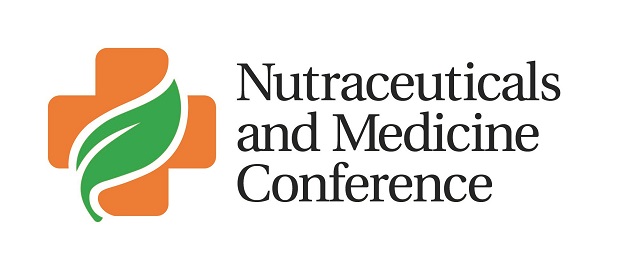Session 1: Hidden Hunger – Challenges, Opportunities and Solutions
Faculty:
Jeffrey B. Blumberg, PhD, FASN, FACN, CNS-S
Senior Scientist | Jean Mayer USDA Human Nutrition
Research Center on Aging Professor | Friedman School of Nutrition Science and Policy
Tufts University
Boston, MA
Abstract:
Hidden hunger denotes a chronic lack of vitamin and mineral intake whose effects may not be immediately apparent and whose consequences may be long-term and profound. This micronutrient inadequacy and deficiency does not produce hunger as we typically know it - you do not feel it in the belly, but it strikes at the core of your health and vitality. It is a popular perception that most people living in developed countries enjoy a nutritionally sound diet. However, micronutrient inadequacies are found in both developed and developing countries, and their current rate of growth in the developed world gives cause for concern. Most Americans consume diets rich in energy but poor in micronutrients. Individuals are over-fed but under-nourished. Hidden hunger not only has a direct impact on individuals but also on societies, resulting in poorer health, lower educational attainment, and decreased work capacity. This session will explore the phenomenon and evidence of hidden hunger in both general and vulnerable populations. This session will also explore the effectiveness of various interventions including education, behavioral changes and dietary supplementation.
Session 2: Nutritional Interventions to Improve Muscle Strength and Function in the Elderly
Faculty:
Lisa Wood, Ph.D.
Professor
School of Biomedical Sciences and Pharmacy
University of Newcastle
Newcastle, New South Wales, Australia
Abstract:
As people age, their body composition changes. Muscle mass and muscle strength decline, which increases the risk of falls, fractures and mortality. For many health care specialties, aging and elderly patients represent a large percentage of patients or clients. This session will present an overview of nutritional strategies that have been developed to improve body composition in the elderly, and present recent research findings on their effectiveness. This session will also discuss the evidence for nutritional approaches and strategies that health care professionals can utilize in their clinical practice to enhance healthy aging for their patients or clients.
Session 3: Lifestyle and Integrative Medicine: A Bridge Over Healthcare’s Troubled Waters
Faculty:
David L. Katz, MD, MPH, FACPM, FACP, FACLM
CEO, Founder - DQPN, Diet Quality Photo Navigation
Director; Co-Founder - Yale University Prevention Research Center
Derby, CT
Abstract:
The World Health Organization (WHO) defines health as “a state of complete physical, mental and social wellbeing and not merely the absence of disease or infirmity.” For nine years, Dr. Katz has been an advocate for the practice of integrative medicine and blending conventional medical practices with complementary/alternative medicine (CAM). His latest work has sought to focus the health conversation on lifestyle medicine. This session will discuss the evidence for lifestyle medicine, where nutrient supplementation fits into that model, and when it may be appropriate to consider combining evidence-based therapies with complementary practices.
Session 4: Food Strategies to Reduce Health Care Costs Burdens fromCardiovascular Disease
Faculty:
Dario Gregori, Ph.D.
Full Professor in Medical Statistics
Head, Unit of Biostatistics, Epidemiology and Public Health
Department of Cardiac, Thoracic and Vascular Science
University of Padova, Padova, Italy
Abstract:
Fruits and vegetables are important components of a healthy diet. Fruits and vegetables are rich sources of vitamins and minerals, dietary fiber and a host of beneficial non-nutrient substances including plant sterols, flavonoids and other antioxidants and consuming a variety of fruits and vegetables helps to ensure an adequate intake of many of these essential nutrients. Promoting fruit and vegetable intake has been one of the key points in the World Health Organization’s (WHO’s) Global Strategy on Diet, Physical Activity and Health. The recommendation for minimum fruit and vegetable (FV) consumption, as set by the panel of WHO/FAO experts, is 400gr/day, however different studies show that the majority of individuals do not comply with the suggested intake levels.
Session 5: Optimal Aging: Strategies for Life
Faculty:
Tieraona Low Dog, MD
Founder
Medicine Lodge Ranch: A Natural Medicine Academy
Santa Fe, NM
Abstract:
Aging is not a disease, or problem to be solved - it is a natural process of living! The goal of this session is to explore integrative medicine’s approach to helping us thrive during this time of our lives. What is the evidence for nutritional and lifestyle choices that we could make to give ourselves an edge against chronic disease and cognitive decline? What are some of the myths of “anti-aging” approaches? How can we change the framework of our concepts around aging, so that we thrive as we move into and through our elder years? This session will explore these concepts and their implications for health care professionals in their clinical practice.


